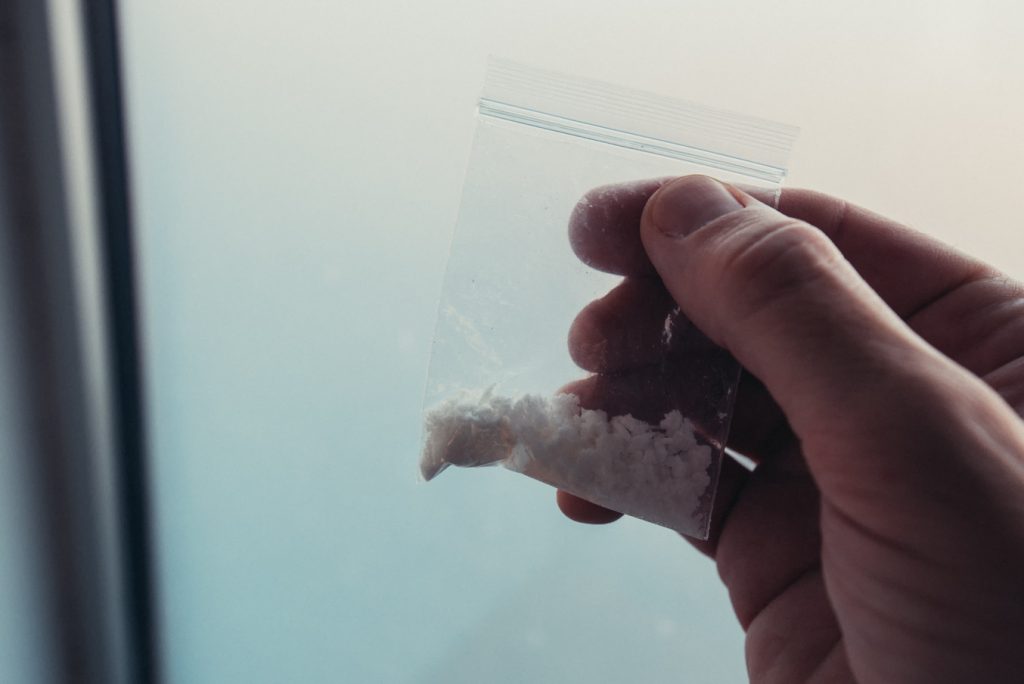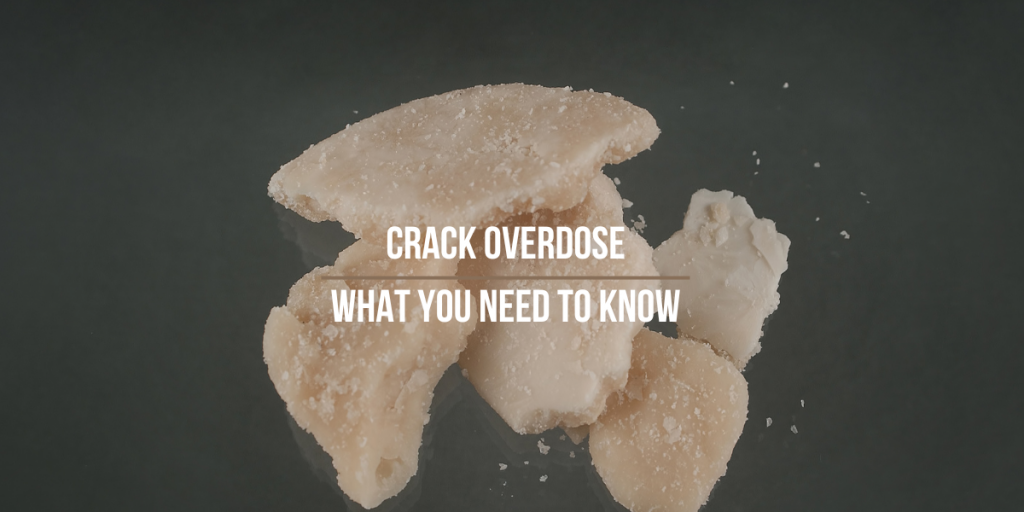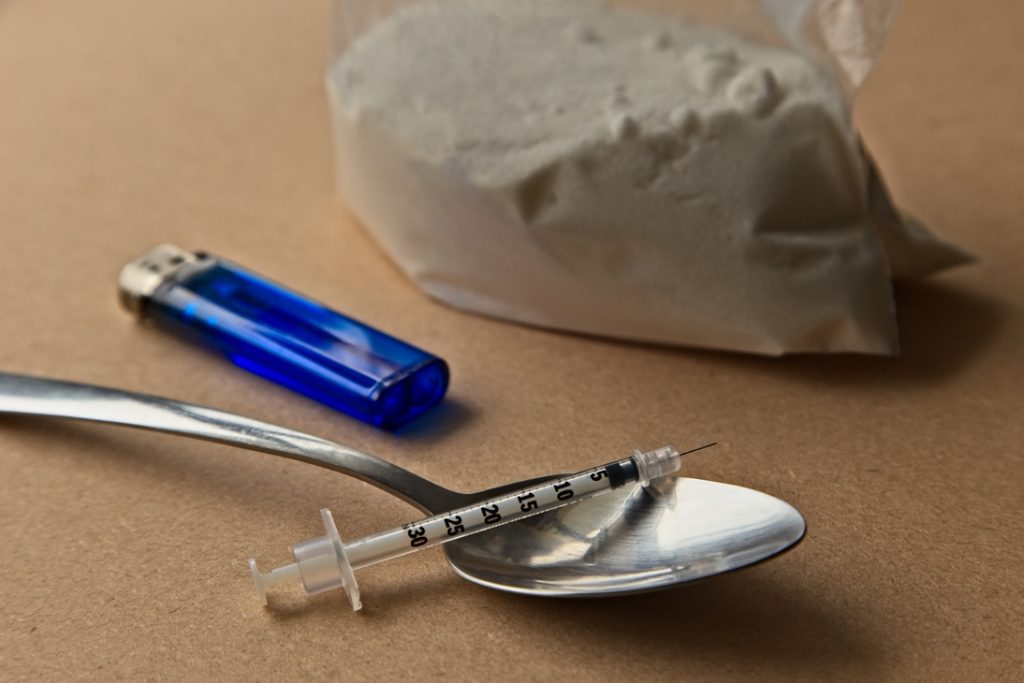Crack cocaine is a highly addictive stimulant drug that poses serious risks to individuals who use it. Among these risks is the potential for overdose, which can have devastating consequences for the user. In this article, we will delve into the various aspects of crack cocaine and its potential for overdose, including its effects on the body, the concept of overdosing, the physical and psychological impact of crack overdose, how to recognize the signs of a crack overdose, and the immediate actions to take in case of an overdose.
Understanding Crack Cocaine
Crack cocaine is a potent and highly addictive form of cocaine that is derived from the coca plant. What are the differences between crack and cocaine? While both crack and cocaine are derived from the same coca plant and have similar effects, they differ in their chemical composition and method of preparation. Crack is processed into a crystalized rock-like form and is typically smoked. This method of administration allows the drug to rapidly reach the brain, resulting in intense and immediate effects.

When crack cocaine enters the body, it triggers an intense release of dopamine, a neurotransmitter associated with pleasure and reward. This flood of dopamine produces a powerful and short-lived euphoria, characterized by increased energy, heightened focus, and a sense of invincibility.
However, the effects of crack cocaine are not limited to its pleasurable sensations. The drug also constricts blood vessels, elevates heart rate and blood pressure, and disrupts the normal functioning of the central nervous system. These physiological changes can have serious consequences for the user’s health.
Long-term crack cocaine use can lead to a range of severe health problems. The constriction of blood vessels can result in heart attacks and strokes, which can be life-threatening. The elevated heart rate and blood pressure put a tremendous strain on the cardiovascular system, increasing the risk of heart disease and other cardiovascular complications.
In addition to its impact on the cardiovascular system, crack cocaine can also cause respiratory issues. Smoking crack can irritate the lungs and airways, leading to chronic coughing, wheezing, and shortness of breath. Prolonged crack use can also increase the risk of developing respiratory infections and lung damage.

Mental health disorders are another potential consequence of crack cocaine use. The intense and rapid release of dopamine can disrupt the brain’s reward system, leading to addiction and dependency. Users may experience cravings, withdrawal symptoms, and an inability to control their drug use. Furthermore, crack cocaine can contribute to the development of mental health disorders such as anxiety, depression, and psychosis.
It is important to note that crack cocaine addiction is a complex issue that requires professional help to overcome. Treatment options, such as counseling, therapy, and support groups, can provide individuals with the tools and support they need to recover from addiction and rebuild their lives.
The Concept of Overdosing
Overdosing on drugs is a serious and potentially life-threatening situation. It occurs when an individual takes a higher dose of a drug than their body can metabolize or handle. In the case of crack cocaine, an overdose can result in severe complications and even death. The potency of crack, combined with its highly addictive nature, puts users at a heightened risk of experiencing an overdose.
Defining Overdose
An overdose is a medical emergency that requires immediate attention. When someone overdoses on crack cocaine, their body becomes overwhelmed by the drug’s effects, leading to a range of symptoms and complications. These can include increased heart rate, elevated blood pressure, hallucinations, seizures, and respiratory distress.
Crack cocaine is a powerful stimulant that affects the central nervous system. It rapidly increases dopamine levels in the brain, leading to intense euphoria and heightened energy. However, when someone takes too much crack, their body struggles to cope with the excessive stimulation, resulting in an overdose.
How Overdosing Occurs: 3 Key Factors
Several factors contribute to crack cocaine overdose.
1. Purity And Potency of the Drug
One significant factor is the purity and potency of the drug. Street drugs like crack are often cut or adulterated with other substances to increase profits. These added substances can be toxic and increase the risk of overdose. Individuals who unknowingly consume crack laced with dangerous chemicals are at an even higher risk.
2. Amount of Crack Used
Another factor that increases the likelihood of overdose is the amount of crack used. Crack cocaine is typically smoked, and the effects are immediate but short-lived. This rapid onset and short duration of action can lead to a binge pattern of use, where users repeatedly take large amounts of the drug in a short period. This behavior significantly raises the risk of overdose.
3. Individual’s Tolerance Level
Additionally, an individual’s tolerance level plays a role in overdose. With regular crack cocaine use, the body develops a tolerance to the drug, requiring higher doses to achieve the desired effects. This tolerance can lead to individuals taking increasingly larger amounts of crack, pushing their bodies to the brink of overdose.
It is crucial to note that crack cocaine overdose is not limited to experienced users. Even first-time or occasional users can be at risk if they take a high dose or unknowingly consume a potent batch of crack.
Recognizing the signs of crack cocaine overdose is vital for prompt intervention. If you suspect someone is experiencing an overdose, it is essential to seek immediate medical help. Time is of the essence in these situations, and early medical intervention can save lives.
Prevention is key in reducing the risk of crack cocaine overdose. Education and awareness about the dangers of crack, its potential for addiction, and the signs of overdose can help individuals make informed decisions and seek help when needed. Additionally, providing access to addiction treatment and support services is crucial in addressing the underlying issues that contribute to drug abuse and overdose.
Crack Cocaine and Overdose
The Physical Impact of Crack Overdose
A crack overdose can have severe physical consequences on the body. Excessive amounts of crack can overwhelm the cardiovascular system, causing heart palpitations, irregular heartbeats, chest pain, and even heart failure. The intense stimulation of crack cocaine can put immense strain on the heart, leading to a rapid and dangerous increase in heart rate and blood pressure. This increased demand on the heart can result in the heart muscles becoming fatigued and weakened over time.
Furthermore, crack overdose may result in seizures, extreme body temperature fluctuations, and respiratory distress. Seizures occur when there is an abnormal surge of electrical activity in the brain, which can be triggered by the powerful stimulant effects of crack cocaine. These seizures can range in severity, from mild muscle twitches to full-body convulsions, and can cause significant harm to the individual experiencing them.
In addition to seizures, crack overdose can also lead to extreme body temperature fluctuations. The intense stimulation of crack cocaine can cause the body’s temperature regulation system to malfunction, leading to dangerous spikes in body temperature. This hyperthermia can result in organ damage, particularly to the liver and kidneys, and can even be fatal if not promptly treated.
Psychological Consequences of Overdosing on Crack
The psychological effects of crack overdose can be just as distressing as the physical manifestations. Users may experience severe anxiety, paranoia, hallucinations, extreme agitation, and delirium. These symptoms can be both frightening and dangerous, leading to self-harm or harm of others.
Anxiety and paranoia are common psychological effects of crack overdose. The intense stimulation of crack cocaine can cause individuals to feel an overwhelming sense of fear, anxiety, and suspicion. This heightened state of alertness can lead to paranoid thoughts and beliefs, making the individual feel constantly threatened and on edge.
In some cases, crack overdose can also induce hallucinations. These hallucinations can be visual, auditory, or even tactile in nature, causing individuals to see, hear, or feel things that are not actually present. These hallucinations can be extremely vivid and realistic, further exacerbating the individual’s distress and confusion.
Extreme agitation and delirium are also common psychological consequences of crack overdose. The powerful stimulant effects of crack cocaine can cause individuals to become highly agitated, restless, and unable to sit still. This state of hyperactivity can escalate into delirium, where individuals may experience confusion, disorientation, and an inability to think clearly or make rational decisions.
It is important to note that crack overdose is a serious medical emergency that requires immediate attention. If you or someone you know is experiencing a crack overdose, it is crucial to seek medical help as soon as possible to prevent further harm and potentially save a life.
Recognizing the Signs of a Crack Overdose
Crack cocaine, a highly addictive stimulant drug, can have devastating effects on the body and mind. Recognizing the signs of a crack overdose is crucial for timely intervention and potentially saving a life.
Physical Symptoms of a Crack Overdose
When someone experiences a crack overdose, their body can exhibit various physical symptoms. These signs may include:
- Increased heart rate: Crack cocaine stimulates the central nervous system, causing the heart to beat faster than usual.
- Elevated blood pressure: Crack can constrict blood vessels, leading to high blood pressure.
- Dilated pupils: The use of crack cocaine can cause the pupils to become abnormally large.
- Profuse sweating: Sweating excessively, even in cool environments, is a common physical response to crack overdose.
- Nausea and vomiting: Crack overdose can trigger intense feelings of nausea, often leading to vomiting.
- Chest pain: The stimulant properties of crack can cause chest pain or discomfort.
- Difficulty breathing: Crack overdose can result in respiratory distress, making it challenging for the individual to breathe properly.
- Unconsciousness or seizure activity: In severe cases, a crack overdose can lead to loss of consciousness or seizures.
6 Signs of Crack Overdose
Aside from the physical manifestations, behavioral changes can provide vital clues for identifying a crack overdose. These behavioral indicators may include:
- Extreme restlessness: Individuals experiencing a crack overdose may exhibit heightened restlessness, unable to stay still or relax.
- Agitation: Crack overdose can cause individuals to become highly agitated, displaying irritability and a short temper.
- Confusion: The stimulant effects of crack can lead to confusion and disorientation.
- Paranoia: A crack overdose can trigger intense feelings of paranoia, causing individuals to become excessively suspicious or fearful.
- Aggression: In some cases, crack overdose can result in aggressive behavior, potentially posing a danger to oneself or others.
- Loss of coordination or motor skills: Crack can impair motor function, leading to unsteady movements and a lack of coordination.
It is important to note that crack overdose is a medical emergency, and immediate professional assistance should be sought. If you suspect someone is experiencing a crack overdose, call emergency services right away.
Immediate Actions to Take in Case of Overdose
First Aid Measures for Crack Overdose
If you suspect someone is experiencing a crack overdose, taking immediate action is crucial. Begin by calling emergency services or seeking medical assistance. While waiting for help to arrive, ensure the person’s safety by keeping them calm and in a safe environment. If they are unconscious and not breathing, performing CPR can be life-saving.
Seeking Professional Medical Help

After the immediate crisis has been addressed, it is essential to seek professional medical help for the individual who has overdosed on crack. Medical professionals can assess the person’s condition, provide appropriate cocaine addiction treatment interventions, and offer support for their recovery journey.
In conclusion, crack cocaine poses a substantial risk of overdose due to its potent and addictive nature. The effects of crack on the body can be devastating, both physically and psychologically. Recognizing the signs of a crack overdose and taking immediate action can potentially save lives. Understanding the gravity of crack cocaine overdose underscores the importance of prevention, awareness, and accessible treatment resources for those who struggle with addiction.
Here at Compassion Behavioral Health, we offer a wide array of treatments for those who are addicted to cocaine. We’re committed to helping you overcome your addiction so you can move forward with your life. Call us or contact us online to get your help today.




